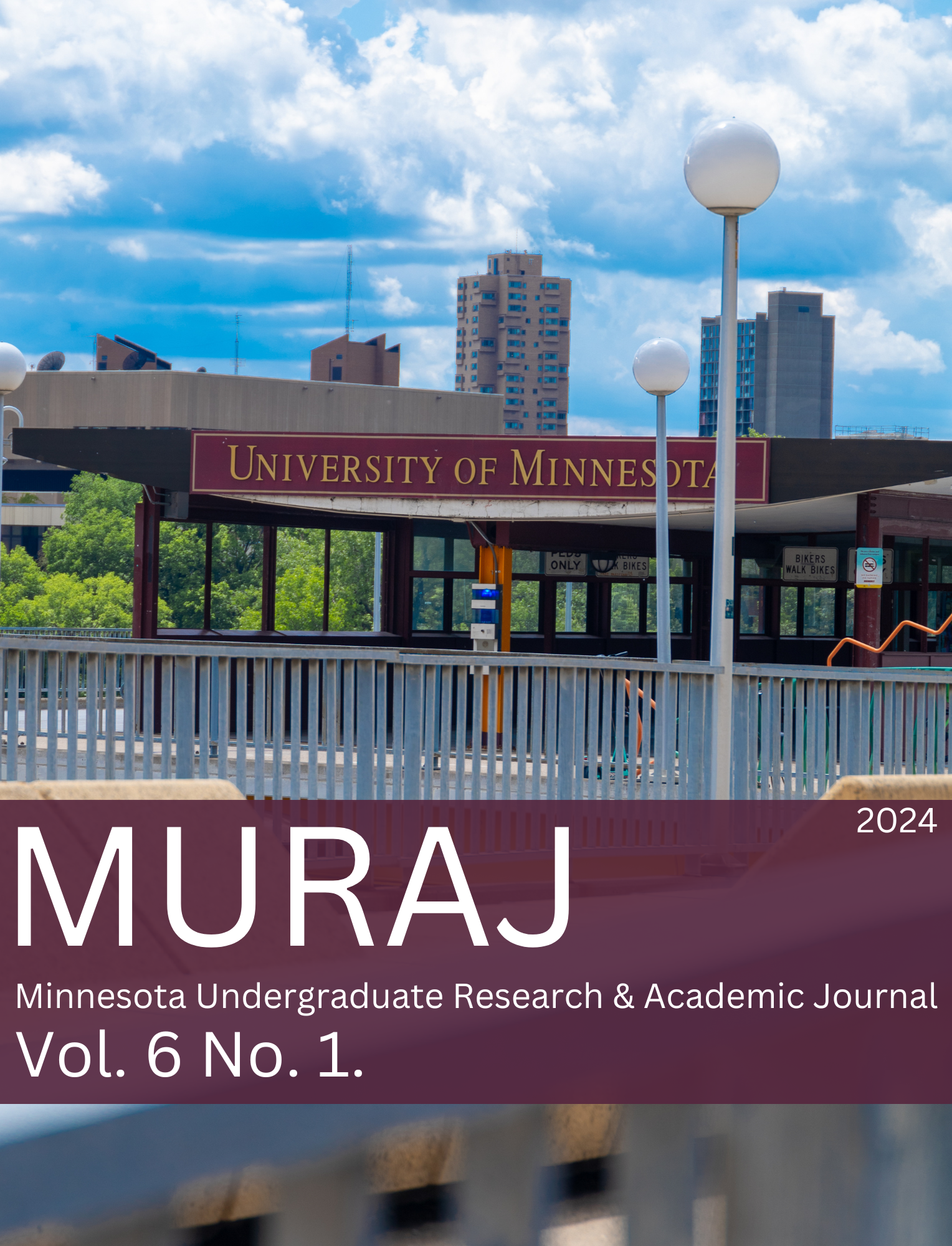Unnatural Mothers: Queering Motherhood in Helen Elaine Lee’s Pomegranate
Main Article Content
Abstract
Inspired by the tenets of queer studies, this paper explores Helen Elaine Lee’s novel Pomegranate as a reimagining of established norms surrounding motherhood. The dissonance of protagonist Ranita Atwater’s post-incarceration journey as a mother, especially when juxtaposed with Eldora’s revolutionary form of motherhood within the prison setting, serves as a focal point for critically examining how Lee’s Pomegranate challenges conventional concepts related to intimacy, lesbianism, and kinship. Drawing from the insights of scholars such as Shelley M. Park, Jennifer C. Nash, and Steven Ruggles, this literary analysis delves into the profound relationship between prison and motherhood. The dissonance in Ranita’s experiences becomes a powerful tool for dismantling the United States’ myth of the nuclear mother, and unraveling contradictions and conflicts embedded in conventional ideas. By juxtaposing these contrasting narratives, this paper aims to offer a radical vision of motherhood—one that transcends heteropatriarchal societal norms. This interdisciplinary approach extends beyond traditional boundaries, fostering a comprehensive understanding of how the queered mother dynamic within the walls of the prison challenges and disrupts heteronormative standards imposed by the state. In embracing the spirit of queer studies, this exploration not only contributes to a broader discourse on motherhood but also actively engages in reshaping our understanding of familial constructs. Through this lens, this paper aspires to offer a fresh and provocative perspective that not only explores the narrative intricacies of Lee’s novel but also advocates for an embrace of the possibilities of the prison, queerness, and queer utopias.
Article Details

This work is licensed under a Creative Commons Attribution-NonCommercial 4.0 International License.

All work in MURAJ is licensed under a Creative Commons Attribution-Noncommercial 4.0 License
Copyright remains with the individual authors.

